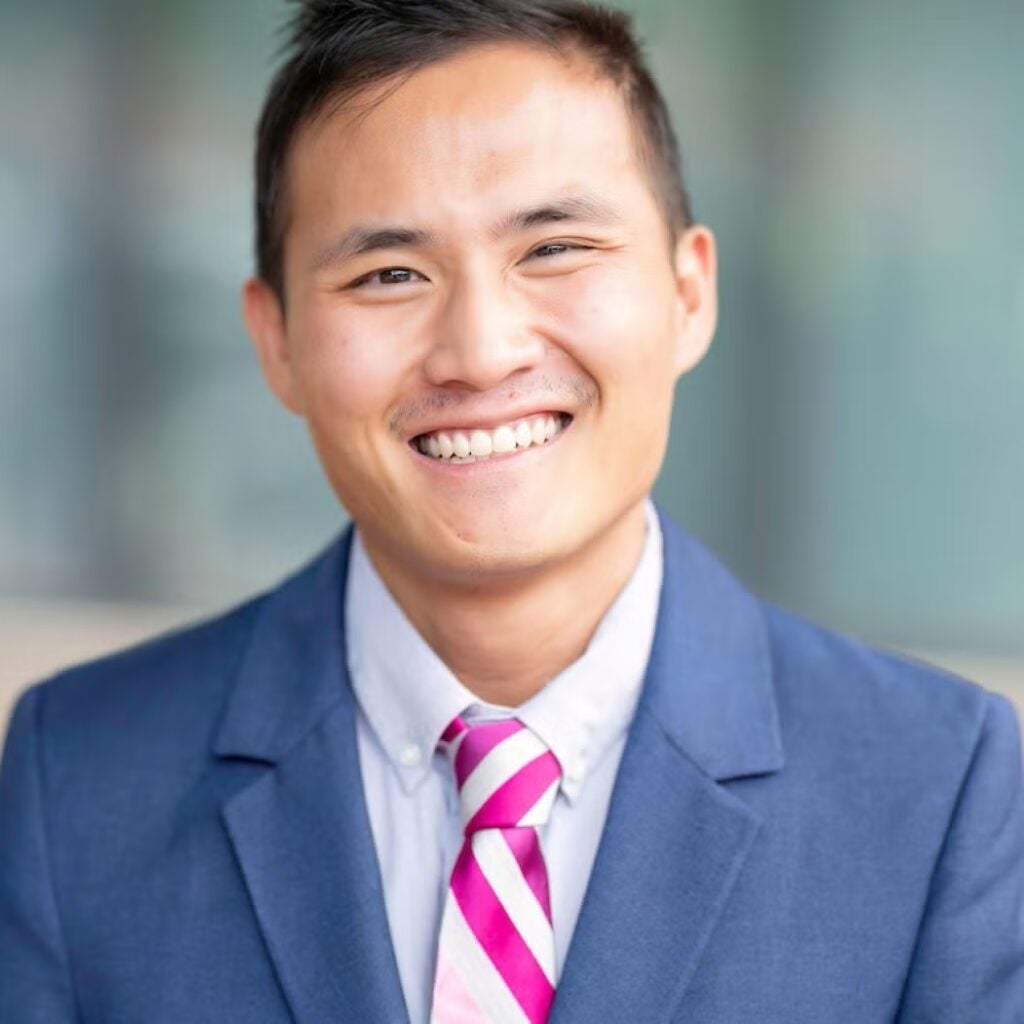Trey Spadone
Global Human Development Student
Trey’s passion for cross-cultural collaboration and international development was cultivated during high school at the Center for Global Studies, an interdistrict magnet school dedicated to raising students to become active global citizens.
In 2020, Trey graduated from Colgate University with a BA in Anthropology. As an undergraduate, he studied abroad in Bali and Java, where, in addition to learning Bahasa Indonesia, he conducted research for his social volcanology thesis.
Trey has previously served as a Fulbright English Teaching Assistant in Bokhtar, Tajikistan. There, he taught in the country’s American Spaces, through the Department of State’s English Access Microscholarship Program, and co-lead media literacy workshops in Uzbekistan.
Prior to GHD, he was a Fulbright Student Researcher in Yogyakarta, Indonesia, where he studied public perceptions of volcanoes, examining how community dynamics affect hazard mitigation efforts and locally-driven disaster management practices.
In his professional career, Trey aims to contribute to culturally-conscious development initiatives that increase communities’ educational capacities. Outside the classroom, Trey enjoys theater, scuba diving, and hosting dinner parties.
Summer internship
This summer, I interned with Ashoka Indonesia. Although the office was located in Jakarta, I had the chance to work alongside social entrepreneurs from around the country. As a part of the Youth Years and Venture and Fellowship teams, I designed capacity-building workshops for Ashoka Young Changemakers, conducted pipeline research to expand reach across Southeast Asia, and collaborated with staff to improve strategic engagement internally and externally. A memorable experience was attending Temu Pendidik Nusantara in Ponorogo and Banyuwangi where I connected with teachers, community leaders, and government officials to share educational development strategies and gained insight into the complexities of Indonesia’s education system. Notably, my use of Bahasa Indonesia throughout nearly all aspects of the internship enabled me to build meaningful relationships while deepening my understanding of the contextual nuances that informed our work.
